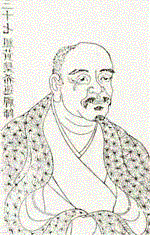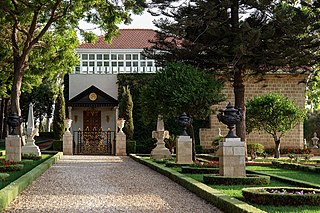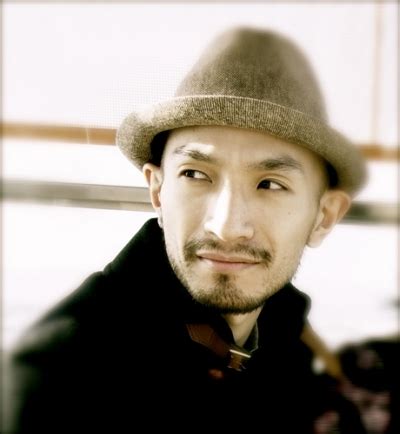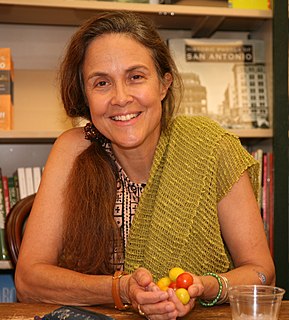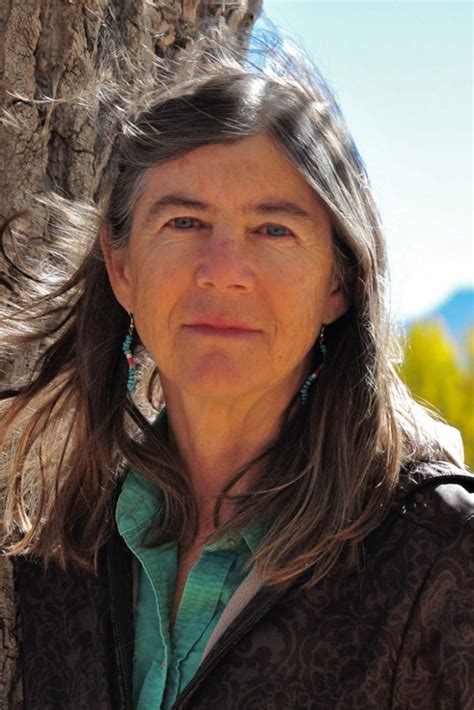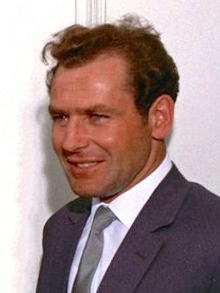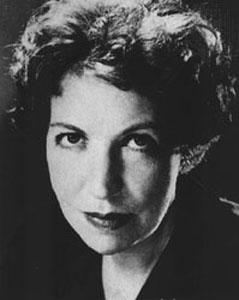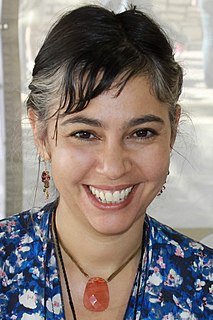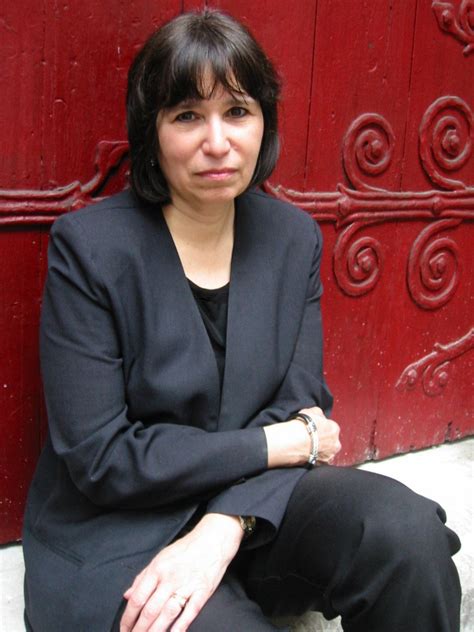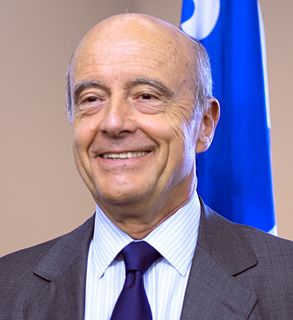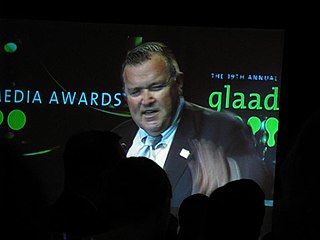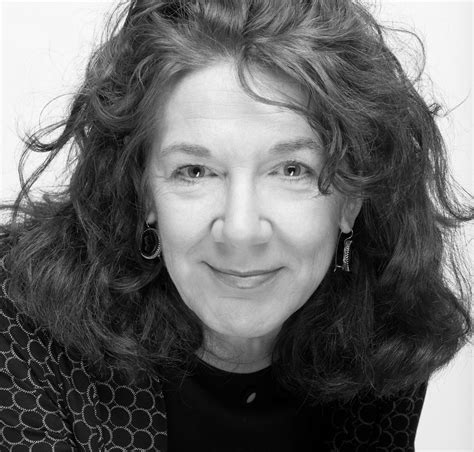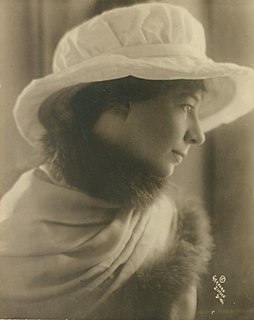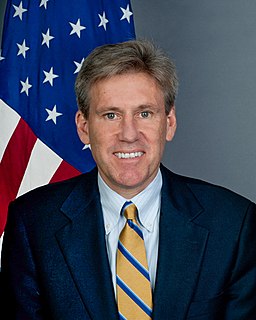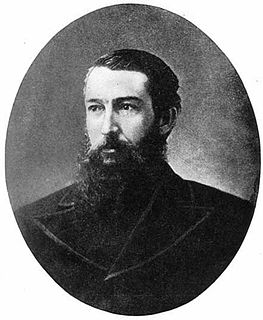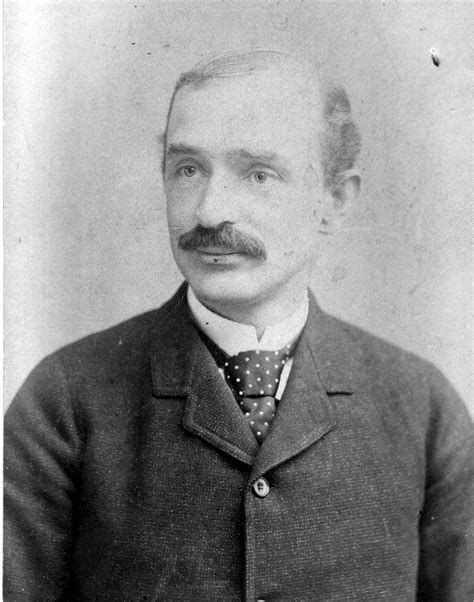Top 1200 Spring Poems Quotes & Sayings - Page 5
Explore popular Spring Poems quotes.
Last updated on April 19, 2025.
Spring slattern of seasons
you have soggy legs
and a muddy petticoat
drowsy
is your hair your
eyes are sticky with
dream and you have a sloppy body from
being brought to bed of crocuses
when you sing in your whisky voice
the grass rises on the head of the earth
and all the trees are put on edge
spring
of the excellent jostle of
thy hips
and the superior
I don't think the Arab Spring had much to do with energy. I think it was just the opposite, in fact. I think the Arab Spring happened because particularly young people knew they were living in a context where they could not realize their full potential, that they are being kept down by their own governments.
[My poems] of course, it's symbolic, in the way that things in a poem can be - that is, pointing to something beyond its mere ordinary meaning, while also retaining all the qualities of that ordinary meaning. In other words, it's a bear, but it's also suggesting something else, just by virtue of the attention to it. But it's not "symbolic" in that way we are taught to think about things in poems.
As soon as the mouth is opened, evils spring forth. People either neglect the root and speak of the branches, or neglect the reality of the 'illusory' world and speak only of Enlightenment. Or else they chatter of cosmic activities leading to transformations, while neglecting the Substance from which they spring--indeed, there is NEVER any profit in discussion.
Poems give us permission to be unsure, in ways we must be if we are ever to learn anything not already known. If you look with open eyes at your actual life, it's always going to be the kind of long division problem that doesn't work out perfectly evenly. Poems let you accept the multiplicity and complexity of the actual, they let us navigate the unnavigable, insoluble parts of our individual fates and shared existence.
I've been writing poems since I was in the Navy - to Rosalynn. I found I could say things in poems that I never could in prose. Deeper, more personal things. I could write a poem about my mother that I could never tell my mother. Or feelings about being on a submarine that I would have been too embarrassed to share with fellow submariners.
I think a man can keep on drinking for centuries, he'll never die; especially wine or beer...I like drunkards, man, because drunkards, they come out of it, and they're sick and they spring back, they spring back and forth...If I hadn't been a drunkard, I probably would have committed suicide long ago.
Anytime new insight replaces an old assumption or a fossilized perception is the spring. New understandings sprout, new tolerances appear, and new curiosity draws you to previously dark places. Just as the sun shines earlier and longer in the spring, changes that seemed impossible appear to be possible with each new insight into your own health.
Anna Journey, in her new book of poems, Vulgar Remedies, creates an alchemical self whose shimmering limbic / alembic lyrics distill the mysterious terrors of childhood, the dangerous passions of adults, into her own honey-dusk 'voodun': protective, purified to gold. Poetry is always a time machine: here we are invisible travelers to a bewitched past, a beautifully occluded future. These poems are erotic, vertiginous, revelatory, their dazzling lyric force reflecting profound hermetic life.
Natalie Lyalin is writing some of the best poems in the world. There is an evil in her gorgeous poem-hearts. She must have sold her heart to the devil to write like this—so beautiful, so funny and so strange. Her images stack and stack down the page without spilling, each line such a bombshell you'll start reading backward to the first line. These poems are like babies—they will pop out of trees.
Have you ever noticed a tree standing naked against the sky, How beautiful it is? All its branches are outlined, and in its nakedness There is a poem, there is a song. Every leaf is gone and it is waiting for the spring. When the spring comes, it again fills the tree with The music of many leaves, Which in due season fall and are blown away. And this is the way of life.
Spring is beautiful everywhere, but it is more than beautiful in Lebanon. Spring is the spirit of an unknown God speeding through the world, which, as it reaches Lebanon, pauses, because now it is as at home with the souls of the Prophets and Kings hovering over the land, chanting with the brooks of Judea, the eternal Psalms of Solomon, renewing with the Cedars of Lebanon memories of an ancient glory.
With ferocity and extraordinary craft, Lizzie Harris has made a book of poems that resonates far beyond the personal stories it tells. Stop Wanting reveals, in every lyric, its author's profound metaphorical gifts. In its ironies and intensities, it brings to mind a writer like the young Sylvia Plath, though what is startling about Harris' s work is the way it combines those gifts with a muted, deft self-awareness. Most of all, these are wonderfully shaped, powerful, and surprising poems-a startling debut.
Read poems to yourself in the middle of the night. Turn on a single lamp and read them while you're alone in an otherwise dark room or while someone else sleeps next to you. Read them when you're wide awake in the early morning, fully alert. Say them over to yourself in a place where silence reigns and the din of the culture — the constant buzzing noise that surrounds us — has momentarily stopped. These poems have come from a great distance to find you.
It was the United States of America in the cold late spring of 1967, and the market was steady and the G.N.P. high and a great many articulate people seemed to have a sense of high social purpose and it might have been a spring of brave hopes and national promise, but it was not, and more and more people had the uneasy apprehension that it was not.
I wrote a number of poems about Kah Tai lagoon, when Safeway was building that huge, ugly store down there where I used to love to watch the birds nest. That political poem, or environmental poem, was unsuccessful because Safeway built there anyway. And yet the poem has something to say today, as it did then. And I speak here only of my own poems. The agenda for every poet has to be different because most of us write from direct human experience in the world.
Today is the day when bold kites fly,
When cumulus clouds roar across the sky.
When robins return, when children cheer,
When light rain beckons spring to appear.
Today is the day when daffodils bloom,
Which children pick to fill the room,
Today is the day when grasses green,
When leaves burst forth for spring to be seen.
Keats's odes are among my favorite poems ever. As are Neruda's. So yes, I think my poems are odes, though I really just see those titles as ways of more or less orienting the poem. I've never thought about this until now, but I guess you could say that one effect of all the titles, their pervasiveness in the book, might be to once again, as so many other things do, put into question the meaning of the word "for," which I suppose is one of the great human questions: what is all this for? Why, and for whom, are we doing whatever we are doing?
Blessed the man that hath visited `Akká, and blessed he that hath visited the visitor of `Akká. Blessed the one that hath drunk from the Spring of the Cow and washed in its waters, for the black-eyed damsels quaff the camphor in Paradise, which hath come from the Spring of the Cow, and from the Spring of Salvan (Siloam), and the Well of Zamzam. Well is it with him that hath drunk from these springs, and washed in their waters, for God hath forbidden the fire of hell to touch him and his body on the Day of Resurrection.
Frightened of my futureless life, scared by my foolish anxieties, unable to see ahead and aiming nowhere, I continued ceaselessly living my ridiculously idiotic life. I was beset on all sides by invisible worries. So, I shut myself in and slept. I slept until sleep exhausted me. Spring passed, summer ended, fall came, and then winter arrived. Then, it turned into another gentle spring.
I believe it's impossible to write good poetry without reading. Reading poetry goes straight to my psyche and makes me want to write. I meet the muse in the poems of others and invite her to my poems. I see over and over again, in different ways, what is possible, how the perimeters of poetry are expanding and making way for new forms.
During the Gulf War, I remember two little third grade girls saying to me - after I read them some poems by writers in Iraq - 'You know, we never thought about there being children in Iraq before.' And I thought, 'Well those poems did their job, because now they'll think about everything a little bit differently.'
When a poet mentions the spring, we know that the zephyrs are about to whisper, that the groves are to recover their verdure, the linnets to warble forth their notes of love, and the flocks and herds to frisk over vales painted with flowers: yet, who is there so insensible of the beauties of nature, so little delighted with the renovation of the world, as not to feel his heart bound at the mention of the spring?
My poems are certainly in the lyric tradition, but perhaps a reader can tell me more precisely who I am as a poet. How can I be so old and not know? I have always been deeply grateful for the urge to write, the desire to create, that's certain. Writing has always been the way I make sense of life. Perhaps my poems define me, rather than the other way around. They do constantly surprise me.
I was walking every morning, and I'd take my iPod and paper and pen.?As I walked, I wrote a poem, and then I'd come home - and sometimes it's legible, sometimes not - I typed the poem up. So I have a new, yet to be published, collection of poems now. It's called Walker's Alphabet, and among other things, it is about walking. My most recent collection of poems in 2010, incidentally, was titled WALKING backwards.
Bill Blass came in all the time, and I would make him roast chicken with spring potatoes and spring porcini with spring onion. And baby artichokes. And never, ever did he find a better chicken. Norman Parkinson, one of the greatest photographers alive, came every lunch to Le Cirque. And every time he would clean up his plate with his bread and then he would take his marker and write on the plate how much he loved the food. I think at Le Cirque I learned how to make real food, which is what people crave, not just gimmicky things on a plate.
The most interesting thing which I heard of, in this township of Hull, was an unfailing spring, whose locality was pointed out tome on the side of a distant hill, as I was panting along the shore, though I did not visit it. Perhaps, if I should go through Rome, it would be some spring on the Capitoline Hill I should remember the longest.
He was all emotion all the time, constantly talking about his feelings and his profound love for her. He was minutes from getting his first period. He wrote poems too. It's my personal belief that if men are writing poems, they're making up for something else like a big hair back, or one ball. Not that one ball is a bad thing. Especially since I don't know any females who are dying to their their hands on a set of balls. The way I see it, the less balls, the better.
[Kenneth Koch] taught children in public schools in New York City to write poems and told them down worry about rhyming, don't worry about any of that stuff. You know, write a poem where you mention three colors and make it five lines - or he would just give them, you know, little strategies. And, man, they wrote some great poems.
I want to yell about it most days and stop strangers in the street to share my outrage. But my mind is too serpentine to offer instant poem reactions. I can however stand back and examine the deeper ground, or at least that's what I hope my poems are doing. I believe contemplation can be an ethical act and literature can be a profound agent of cultural change, so I hope in some way my poems expand the conversations about environmental decline and social responsibility.
Memory, faith, and the natural world as both witness to the cycle of human life and healer to a questioning heart are at the core of this lovely and lyrical collection of poems. The weather changes, people come and go from cities and towns, babies are born, grow up and depart from their parents’ arms, but still, the countryside and its rituals sustain the people and creatures who know how to read the signs of the seasons. In these pages, Laura Grace Weldon shares those signs with us; her poems are the fruit of a wonderful harvest.
I would like to stress this point undoubtedly: France sees the Arab Spring as auspicious. The Arab Spring holds out tremendous hope - hope for democracy and the rule of law, hope for peace and stability, hope for better future in which every person can pursue goals commensurate with his or her needs, talents and ambitions.
Measure your health by your sympathy with morning and spring. If there is no response in you to the awakening of nature -if the prospect of an early morning walk does not banish sleep, if the warble of the first bluebird does not thrill you -know that the morning and spring of your life are past. Thus may you feel your pulse.
I would read the Shel Silverstein poems, Dr. Seuss, and I noticed early on that poetry was something that just stuck in my head and I was replaying those rhymes and try to think of my own. In English, the only thing I wanted to do was poetry and all the other kids were like, "Oh, man. We have to write poems again?" and I would have a three-page long poem. I won a national poetry contest when I was in fourth grade for a poem called "Monster In My Closet.
When I first encountered the poems of Jon Woodward, I was stunned into the state that is my life's joy-I was in the presence of the inimitable. Uncanny Valley extends that experience-almost into another dimension. These apocalyptic, pixilated poems forge a mythology of our ravaged culture, one that might have been written in the future. If you want poetry to give you a persimmon on a plate, look elsewhere; if you want to know what happens when seven trees fall on the highway and the story is told by a stutterer, this is the book, and it could only have been written by Woodward.
Too many poets write poems which are only difficult on the surface, difficult because the dramatic situation is easily misunderstood. It's not difficult to write poems that are misunderstood. A drunk, a three-year-old-they are easily misunderstood. What is difficult is being clear and mysterious at the same time. The dramatic situation needs to be as clear in a poem as it is in a piece of good journalism. The why is part of the mystery, but the who, what, where, and when should all be understood.
In my own writing, I've mostly abandoned end-rhyme, but wordplay is still a huge part of my process. I've written a series of mermaid poems in the last few years. The first one was called "The Straightforward Mermaid" which arose from my delight in that word combination. After that, I decided that future mermaid poems would have to be words ending in "d" or "t," which led to "The Deadbeat Mermaid," "The Morbid Mermaid" and so forth . . .
Spring is about to spring. Persephone is coming back and the ice is groaning, about to break with the exquisite and deafening roar. It's a time for madness; a time for our fangs to come down and our eyes to glaze over so that the beast in us can sing with unmitigated joy. Oh yes, ecstasy, I welcome thee!
Good poems do a lot of things at once. Often, by doing so, they encourage us to acknowledge mixed and incompatible feelings. Good poems, like good works of history, resist monocausal explanations for anything. There's not one reason why I am angry or excited or hopeful, when I feel those things. And there's not one reason why President Obama won two elections. And there's not one reason why Donald Trump won the most recent presidential election.
A good many of my poems over the years have alluded to or taken on the political. Stevens has a line in one of his essays: "Reality exerts pressure on the imagination." Inevitably what is omnipresent in the culture exerts its pressure on our imaginations to respond to it, even if indirectly. But in this case the backdrop of 9/11, coincident with the breakup of a marriage, the finding of new love, some kind of personal cataclysm... all of those were forces informing the poems in some way.
I've always believed that poetry must speak of realities as least as complicated as those spoken of in prose. I've read books of poems, even single poems, which are, for me, at least the equivalent of a short story or a novel. Martin Amis, in an interview with Saul Bellow in the early eighties, quotes Bellow asking, "Why not address 'the mysterious circumstance of being', say what it's like to be alive at this time, on this planet?" This has been and still is my ambition.
You expected to be sad in the fall. Part of you died each year when the leaves fell from the trees and their branches were bare against the wind and the cold, wintery light. But you knew there would always be the spring, as you knew the river would flow again after it was frozen. When the cold rains kept on and killed the spring, it was as though a young person died for no reason.
Emily Kendal Frey's The Grief Performance is a book that condenses a journey of finding and re-finding loss into beautiful packages. The packages are the poems and they sit shiny and new on every page of this fabulous and generous book. I want to go into the world that these poems create, just so that I can be given these terrifying presents again and again. I know you will, too. See you there.
I have to thank my mother for this. When I was a little boy she used to teach me poems. I would go in church and tell the poems in church for the Easter program, and again for Mother's Day and any occasion she felt would fit. I was very energetic with delivery at that time as a boy, so it stuck with me.
Poem for Liu Ya-tzu I cannot forget how in Canton we drank tea and in Chungking went over our poems when leaves were yellowing. Thirty-one years ago and now we come back at last to the ancient capital Peking. In this season of falling flowers I read your beautiful poems. Be careful not to be torn inside. Open your vision to the world. Don't say that waters of Kumming Lake are too shallow. We can watch fish better here than in the Fuchun River in the south.




